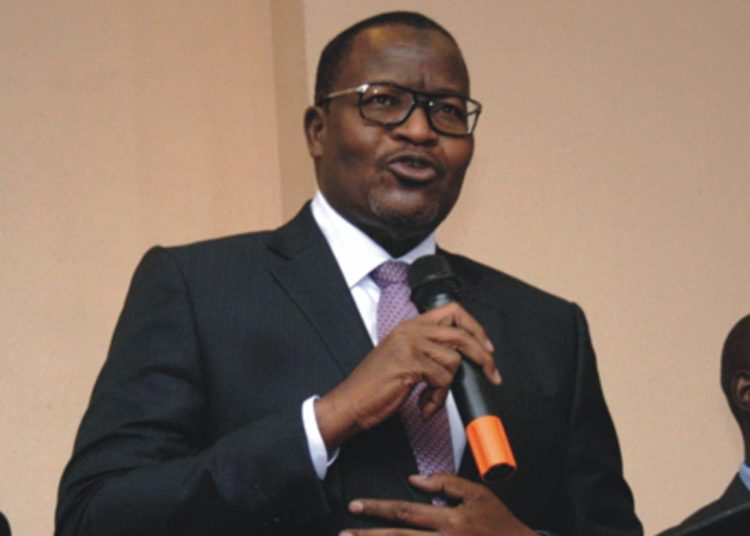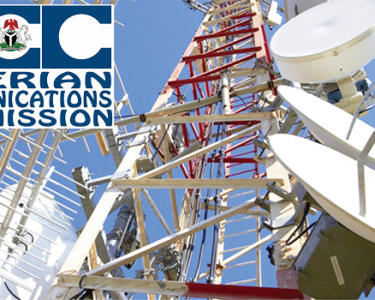Over the past year, the Nigerian Communications Commission (NCC) has made strides in protecting telecom consumers and strengthening the industry. In addition to continuing efforts to improve broadband access, the NCC has warned consumers about growing cyber threats that could compromise their financial security.
As Nigeria’s cashless banking system fully launched by the end of 2023, telecom platforms proved robust enough to handle the increased demand for digital transactions. Building on these successes, the NCC is now focused on a new goal: Empowering Consumers through Clean Energy Transition. This initiative addresses the global energy crisis and the high cost of living while pushing for a more sustainable future for Nigeria’s telecom sector.
Growing Energy Demands in Telecom
With the recent rollout of 5G networks in Nigeria, the demand for energy in the telecom industry is expected to rise significantly. The new 5G infrastructure requires more power to operate, which will increase energy consumption, especially in equipment like Base Transceiver Stations (BTS) and Internet of Things (IoT) devices.
Globally, telecom companies are some of the biggest energy users, mainly due to the competition to provide faster, more reliable networks. As utility costs climb, there is an urgent need for telecom operators to adopt energy-efficient practices. Reducing energy consumption could lower operational costs by up to 20%. The NCC is encouraging the industry to explore solutions such as redesigning networks for better efficiency and using renewable energy like solar, wind, and hydrogen.
Shifting to Renewable Energy
In Nigeria, the telecom sector faces unique challenges. Over 54,000 BTS sites rely on diesel generators, which not only increase operating costs but also contribute to noise and environmental pollution. The NCC is working on a policy that would encourage telecom operators to transition to renewable energy sources, such as solar power, to reduce both carbon emissions and noise pollution.
This move would help lower the reliance on diesel, cutting operating costs and, in turn, reducing service prices for consumers. The NCC is also calling on telecom operators and equipment manufacturers to develop new, energy-efficient technologies that meet international standards.
Improving Efficiency and Collaboration
The NCC has introduced policies that encourage infrastructure sharing among telecom operators. By allowing companies to share telecom towers and other infrastructure, the need for new sites is reduced, which in turn lowers energy consumption. Additionally, the NCC’s Type Approval Regulations ensure that all telecom equipment used in Nigeria meets energy efficiency standards, helping to further reduce power consumption.
Supporting Innovation and Reducing E-Waste
The NCC continues to support innovations that address renewable energy challenges. Through its annual tech innovation competitions, the Commission is encouraging Nigerian innovators to develop solutions that can help the telecom industry transition to cleaner energy.
The Commission is also tackling the growing issue of e-waste. In 2019, the NCC began developing regulations to manage electronic waste more effectively. These regulations will help reduce harmful environmental impacts while promoting the recycling of electronic devices.
Educating Consumers
To help consumers understand the benefits of renewable energy in telecom, the NCC’s Consumer Affairs Bureau (CAB) is rolling out education campaigns. Through various outreach programs, including social media and community events, the CAB will inform the public about the importance of clean energy and how it can benefit them.
In addition, the NCC is introducing the Telecom Consumer Assistance, Resolution, and Enquiries (TELCARE) Desk at Nnamdi Azikiwe Airport in Abuja, with plans to expand to other locations. The TELCARE Desk will provide information and help resolve consumer complaints.
Conclusion: A Greener Telecom Future
As the global community observes World Consumer Rights Day 2023, the NCC reaffirms its commitment to promoting renewable energy and environmental sustainability in Nigeria’s telecom industry. The Commission aims to reduce the sector’s reliance on fossil fuels, lower costs for consumers, and ensure a cleaner, more efficient future for all. Through these efforts, Nigeria’s telecom industry will continue to lead in innovation while embracing a more sustainable approach to growth.




